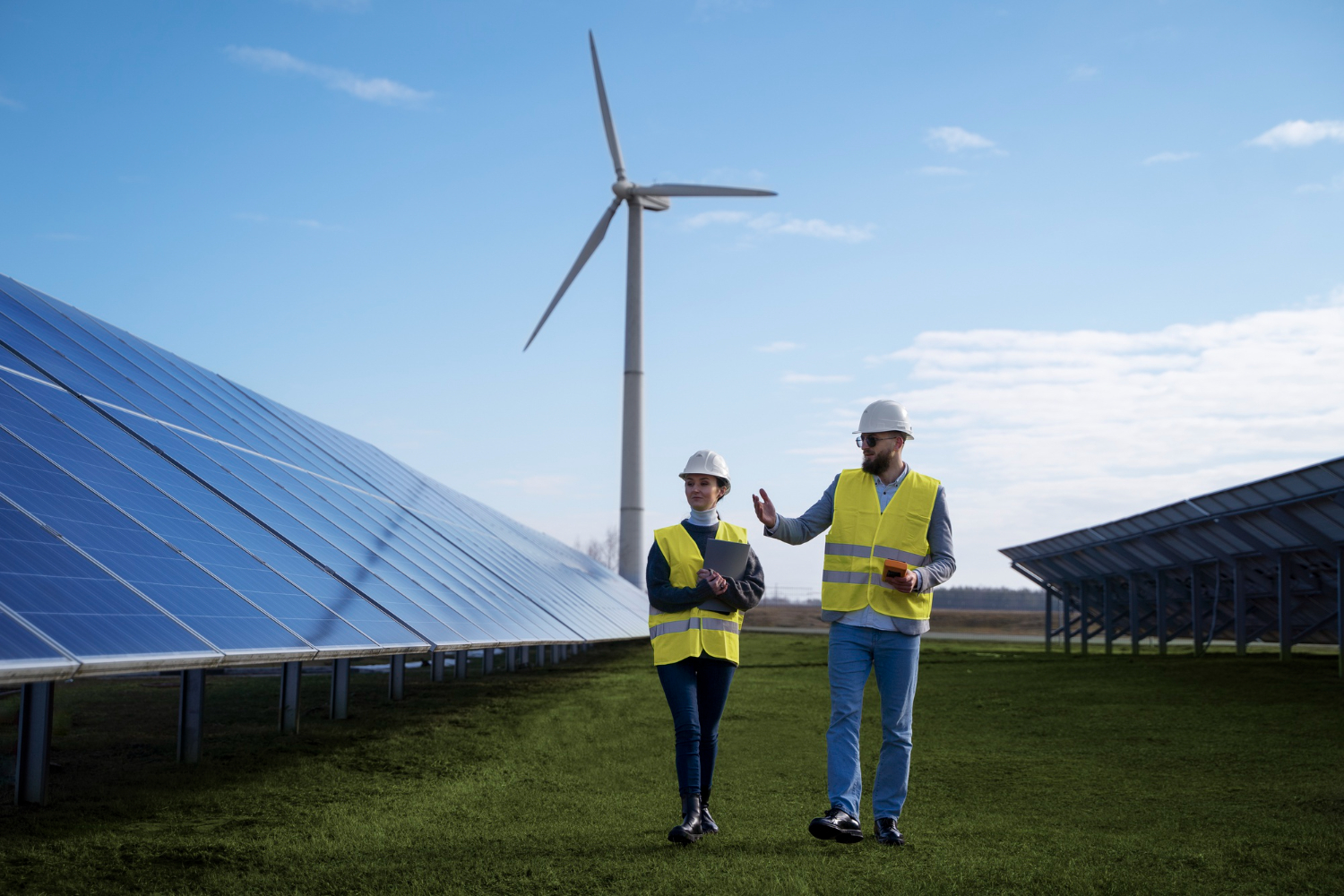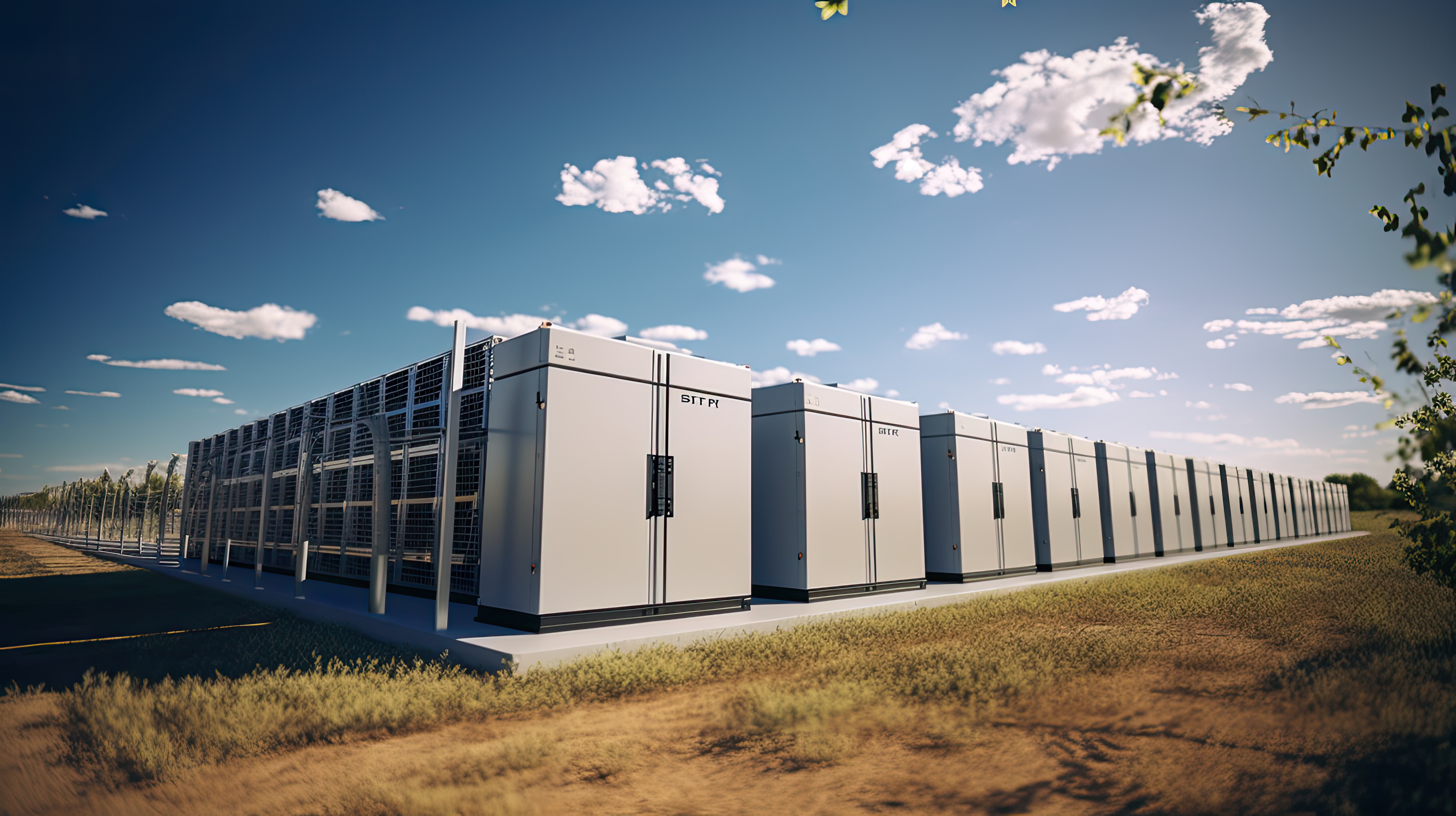

Viryasystech
20 May 2025
Viryasystech
Solar and wind power are leading the charge, but there's one big challenge: they don't generate electricity all the time. That’s where energy storage comes in. Two of the most talked-about storage solutions today are Green Hydrogen and Battery Energy Storage Systems (BESS). Both play important roles, but how do they compare? Let’s break it down in a way that’s easy to understand.
When it comes to efficiency (how much usable energy you get back compared to what you put in):
But don’t count it out just yet. It makes up for this in areas where long-term storage and energy versatility are more important than efficiency.
There’s no one-size-fits-all answer.
But here’s the big picture: both are essential to achieving global sustainability goals. As countries and companies work to phase out fossil fuels, a mix of technologies will help ensure we have reliable, clean power anytime, anywhere.
In the near term, batteries are likely to dominate due to their high efficiency and falling costs. But as infrastructure develops, green hydrogen could become a cornerstone of long-duration, heavy-duty, and industrial energy systems.
The energy transition isn’t about choosing one over the other — it’s about choosing the right solution for the right job. Together, Green Hydrogen and BESS are lighting the way toward a sustainable, carbon-free future.
Our projects are more than just turnkey; they are the embodiment of cutting-edge technology and unwavering commitment. We commit to the asset owners a long-term, uninterrupted, and reliable source of renewable energy, ensuring a substantial return on your investment.

Energy remains a driving force behind economic development, helping millions rise out of poverty and enhancing living standards for billions worldwide.
Read More
In industrial corridors across the country, a familiar hum persists, the sound of diesel generators (DGs) kicking in during peak hours or outages.
Read More
In the world of high-temperature insulation, the choice of materials has a direct impact on operational efficiency, furnace longevity, and product quality.
Read More